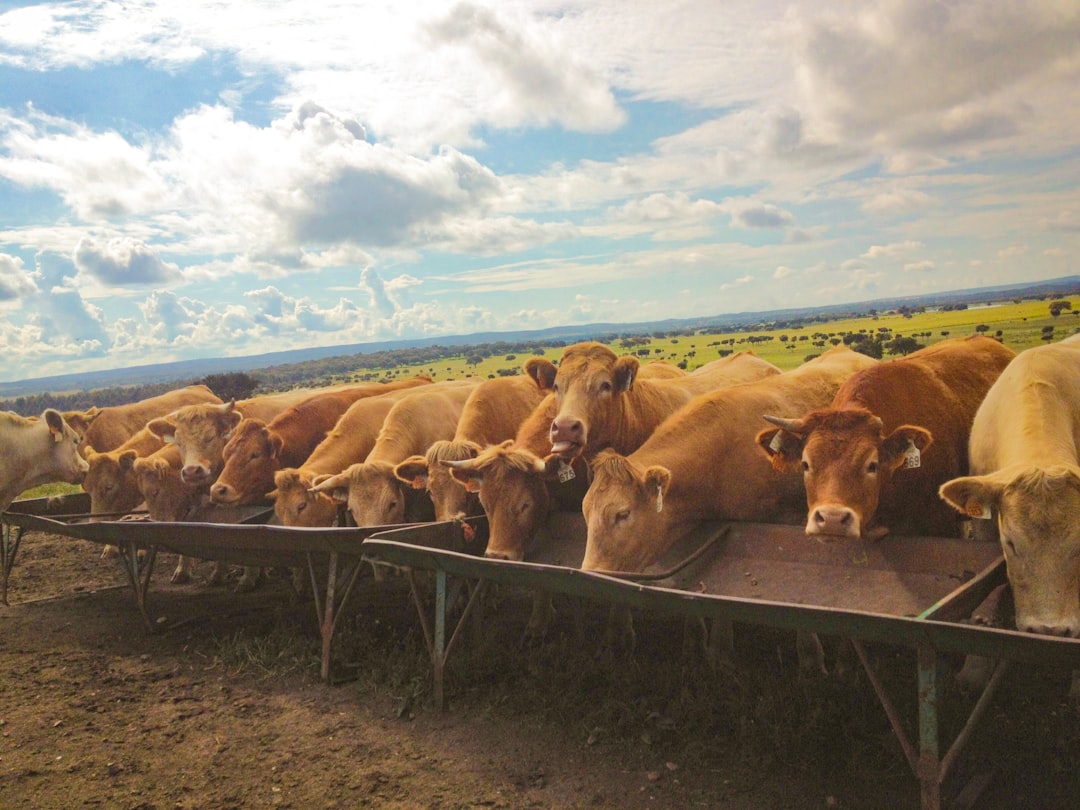What is it about?
Interviews about mental health with Baby Boom women in Australia revealed diverse influences on their wellbeing and showed us what others (such as policy-makers and health practitioners) can do to contribute to optimum mental health in older age. The aim of this research was to learn from women of the Baby Boom generation (born 1946-1964) what they thought helped and hindered their mental health and wellbeing. The World Health Organization defines mental health as a state of wellbeing in which people can use their skills and capabilities, adapt to the demands of daily life, experience mutually gratifying relationships, and contribute to the community, including through productive work. It is much more than the absence of illness. We interviewed 18 women from across Australia. They were diverse in education, employment status, and especially in experiences of life and ageing. All of them said that mental health was important. According to the women, the main things that harm older women’s mental health are illness and disability, financial insecurity, maltreatment, and loss and grief. Contributors to good mental health are social interdependence, feeling valued, physical activity, good nutrition, and having faith or belief. Personal characteristics (personality and intimate relationships) and social factors (constructs of ageing, gender, and culture) also influence mental health. To achieve and maintain good mental health, the women said there should be public education to challenge harmful stereotypes about older women, there should be roles for them in society, and that healthcare providers should treat them with respect as individuals and not just as ‘old people’. Most of all, they want their lives to have meaning.
Featured Image

Photo by Nick Karvounis on Unsplash
Why is it important?
It is evident from these results that events and circumstances throughout life have profound influences on women’s mental health in older age. Social structures that support and enhance the lives of girls and women at all ages will therefore benefit older women and increase the potential for their continuing contribution to society. If older women experience a state of wellbeing in which they are able to use their skills and capacities, feel valued, enjoy gratifying relationships, and are enabled to continue contributing to communities and society, this not only improves their quality of life but benefits their communities and society as a whole. These insights into the personal understanding of mental health and wellbeing add depth and nuance to what is already known. We hope that our results will contribute to improving the lives of older women in Australia and, potentially, other well-resourced countries.
Perspectives
“These results suggest that policy-makers should ensure that, at the most basic level, policies and public statements by those in authority do not reinforce ageist stereotypes. More positive action would be to introduce policies that reflect the contributions of older people to society and encourage even greater participation, as a means to promoting good mental health. To the same end, service delivery should be based on evidence such as ours and consultation with those who use and are likely to use the service to ensure that it is non-discriminatory and conducive to good mental health.”
Maggie Kirkman
Monash University
Read the Original
This page is a summary of: Promoting older women’s mental health: Insights from Baby Boomers, PLoS ONE, January 2021, PLOS,
DOI: 10.1371/journal.pone.0245186.
You can read the full text:
Contributors
The following have contributed to this page










